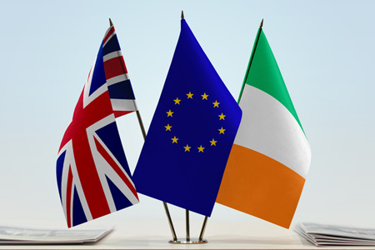Understanding Post-BREXIT Regulatory Changes Impacting the Clinical Trial Supply Chain
By Reynaldo Roman, Paul Aime, and Anna Cesar, Marken

BREXIT — the United Kingdom’s (UK) departure from the European Union (EU) and, more importantly for trade, its departure from the EU Customs Union — has forced many companies to alter their trade strategies with the UK and the EU.
Leading up to Jan. 1, 2021, the UK government strove to provide information and online resources to help the trade community adjust to post-BREXIT operations. These included BREXIT transition guidance documents (e.g., the UK border operating model), which covered topics like importing and exporting from the UK, as well as the use of Economic Operator, Registration, and Identification (EORI) numbers.
So far, the UK has not established many new licensing or permit requirements for goods, but this may change in the future. Despite an almost five-year window of opportunity to prepare for BREXIT, some companies have still faced challenges — from clearance delays to supply chain backlogs — because they failed to adequately prepare for BREXIT or anticipate the impact of its implementation on their operations.
This article reviews how to embrace EORI numbers for supply chain success, handle the duties and taxes involved, and ship specific commodities into the UK.
Get unlimited access to:
Enter your credentials below to log in. Not yet a member of Clinical Leader? Subscribe today.
